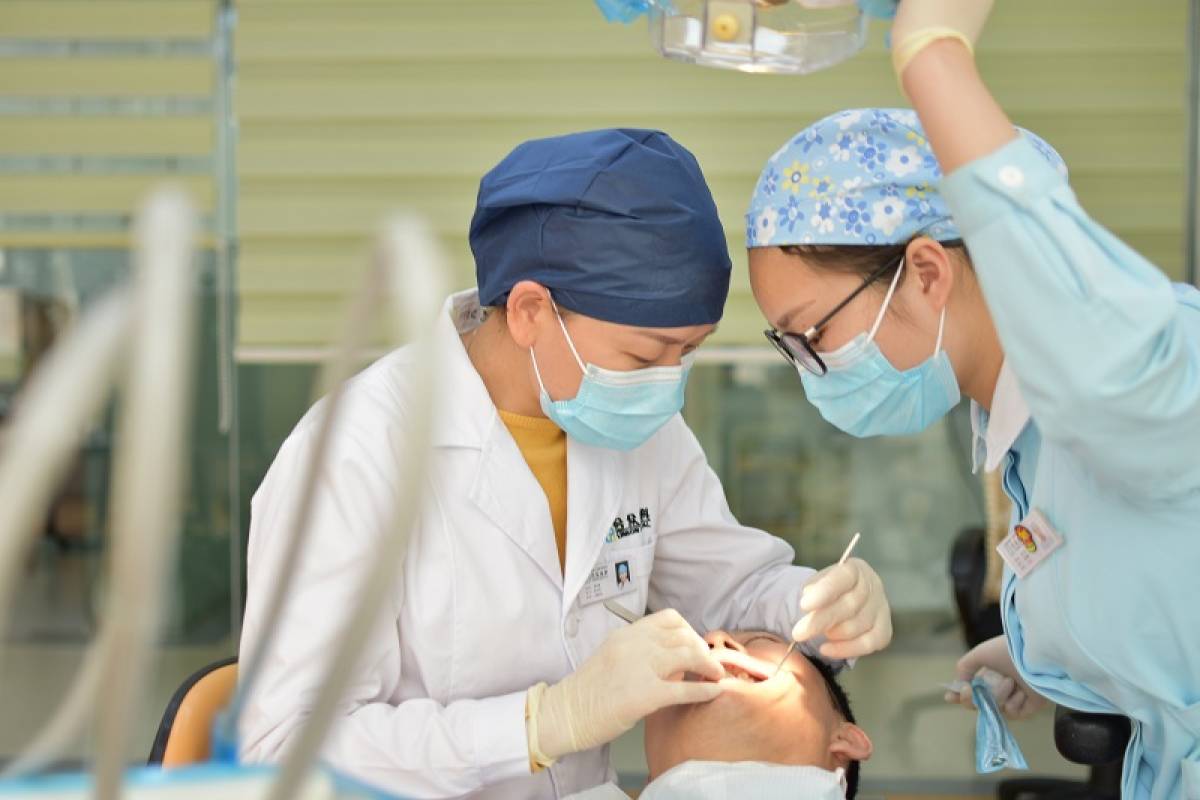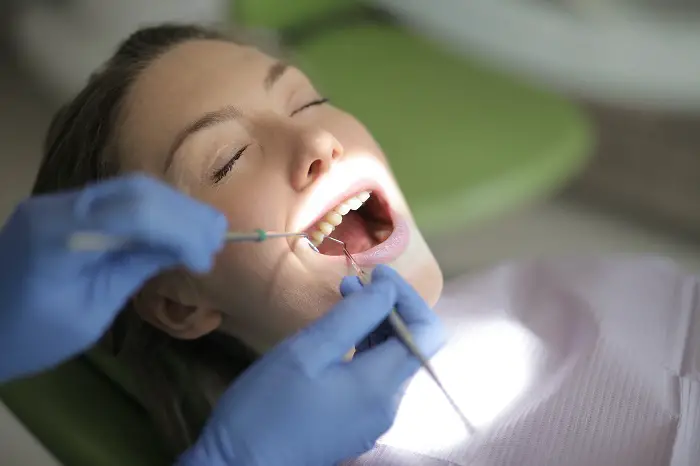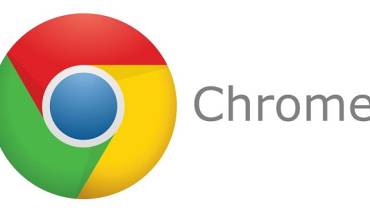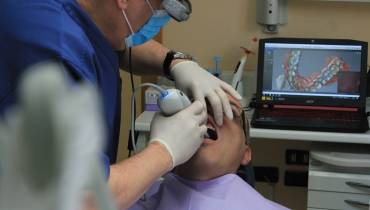A Third of Adults Avoid Dentist Due to Cost

Dental care is something we all know is important. While you might be brushing and flossing religiously, do you get your dental check-ups regularly enough? Or, like a third of adults, do you avoid dentist appointments because they’re too expensive?
Many of us put off dentist appointments because we believe we’re taking good enough care of our teeth and therefore it’s an unnecessary cost. But avoiding the dentist might end up costing you more in the long-term as you may develop conditions that could have otherwise been prevented. After all, dentists are the experts and can identify issues we might miss.
Dental check-ups and procedures are available from the government, often at a lower price point than going private. However, in the UK, many National Health Service (NHS) patients are having to wait up to two years to see a dentist, according to Healthwatch England.
A number of patients are also being pushed towards private dental care “if they want any treatment” and are quoted eye-watering fees. One patient was quoted £1,700 ($2,349) for a procedure which would have cost £60 ($82) on the NHS. Furthermore, dental patients in the UK have received over six million bills of over £100 ($138) in the past five years.
Our analysis of dental costs shows that, depending on the treatment, appointments can cost as little as £20 ($27) and as much as £2,520 ($3,481). Looking at the higher end of this cost, it’s easy to see why people are avoiding the dentist in order to save money. But what if it’s that very avoidance that’s pushing the bill even higher?
Here, we look at both government and private dental costs and how you can not only save money on dental appointments, but protect your oral health.
How much do dental check-ups cost?
It’s widely assumed that we should book in a dental check-up every six months, but according to the NHS, this isn’t set in stone. Your dentist should give you recommendations based on your dental health, so your check-ups can happen anywhere between every three months to every two years.
NHS England has bands for its dental charges. A check-up is in band 1 and costs £23.80. If we average out the recommended time between appointments provided by the NHS, we can estimate that people should be going to the dentist around every 13.5 months.
Since dental appointments are free until the age of 18 and the average UK life expectancy is 81, we’ll be required to pay for dental appointments for an average of 63 years. With a check-up on average every 13.5 months, that’s 56 appointments we need to pay for. That means, over the course of a lifetime, dental check-ups alone will cost £1,332.80 ($1,841.71) on the NHS.
According to Which?, private dental check-ups can vary from £20–£120. Many private practices will display their prices on their website. So, if you’re looking into private treatment, you’ll be able to do your research before choosing a provider. These fees mean private dental check-ups could cost between £1,120 ($1,547v) and £6,720 ($9,285) over a lifetime.
How much do common dental treatments cost?

Outside of regular check-ups, we need to consider the cost of common treatments. In the UK, the NHS charge for emergency dental treatment, such as a temporary filling or pain relief, is also £23.80.
While it’s difficult to estimate the number of dental emergencies a person is likely to experience, NHS England referred 714,246 calls to 111 to dental practices between September 2017 to August 2018. This doesn’t account for calls placed directly to dental practices. A further 77,000 people attended A&E for emergency treatment in 2019/2020.
Emergency treatment from private practitioners can vary, with Electric Teeth research suggesting this is charged at a flat fee between £80 and £150.
Fillings are a common treatment in England – 90.2% of all adults have at least one filling, with the average person having seven fillings. Both white and metal fillings are in the NHS’s band 2 charge, costing £65.20 each. If we have all our fillings put in place during adulthood, that’s a cost of £456.40 ($629) over our lifetimes. This price can be much higher if you go private.
According to Which?, using a private practice means these treatments could cost £30–£250 each, meaning over a lifetime, an average of seven fillings will cost you between £210 ($290) and £1,750 ($2,417).
Root canal and tooth extractions, which are often the result of cracked or damaged teeth, are also in band 2 on the NHS, costing £65.20 each. Private practices can charge between £45 and £970 for these procedures. This means going private can cost nearly 15 times as much as NHS treatment for the same procedure.
The costs of avoiding the dentist
When looking at these costs, it’s easy to see why a third of people avoid going to the dentist. But a lack of dental check-ups and routine procedures can lead to severe problems down the line.
Tooth decay is one of the most common serious dental problems and can easily be prevented with proper dental care and regular check-ups. Left unaddressed, small issues can lead to worse problems, including gum disease, which is the most common cause of tooth loss in adults.
In some cases, serious dental neglect can lead to oral cancer. This is because it can go unnoticed without regular dental check-ups.
If you lose a lot of your teeth and require dentures, this is one of the most expensive treatments. This is the NHS’s highest band at a cost of £282.20. The Which? research shows that private practices can charge, on average, £355–£2,520 ($490–$3,480) for dentures. This as a standalone cost is too much for many people to be able to pay for upfront.
Making dental care affordable
These figures paint a stark picture of the cost of keeping your teeth healthy. Undoubtedly, the least expensive of these options is regular dental check-ups, whether that’s through government services or a cost-effective private practice. But what if you struggle to afford that?
Health cash plans are an easy way to manage these costs. Whether you’re looking to finance regular check-ups or you require a procedure that will cost a lot of money, health cash plans will help you cover the costs. Many providers offer specific cover for routine dental appointments and dental accidents in the same plans. Depending on the level of cover you choose, you can claim up to 100% of your fees back.
In conclusion
Many of us are aware of the importance of good dental care. While our personal dental hygiene routines might be good, we’re not able to identify the warning signs of serious oral conditions. That’s why attending regular dental check-ups are essential.
However, if the prices are off-putting, there are ways to manage this to ensure you won’t end up needing treatments down the line that are more expensive than preventative measures.





















